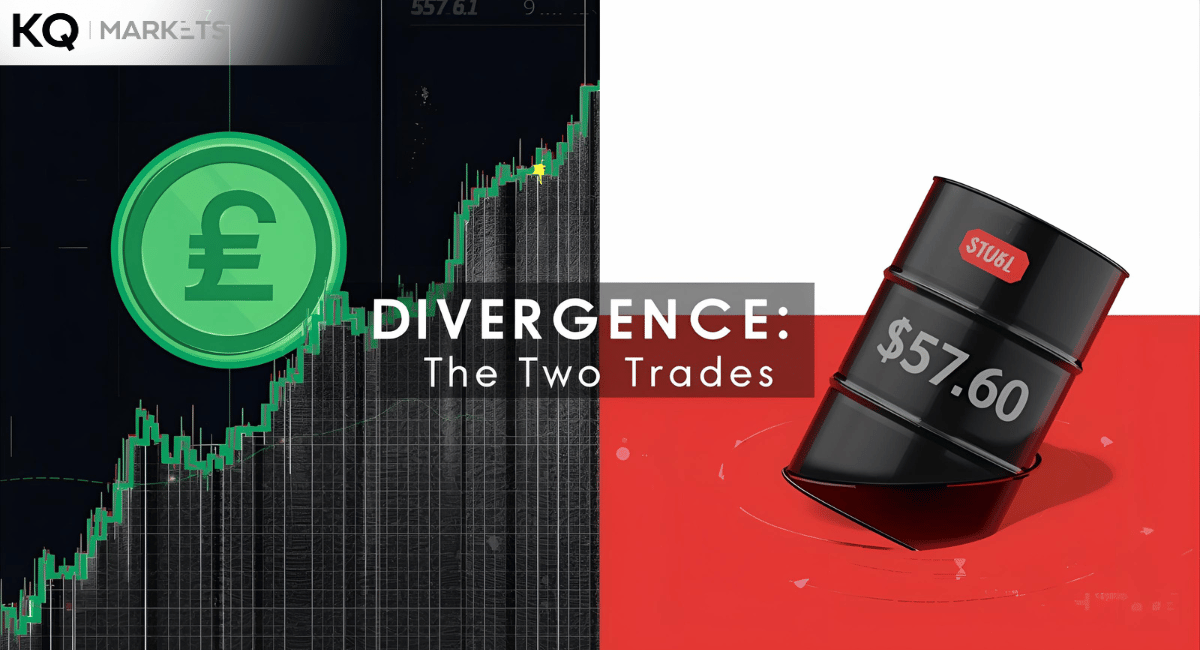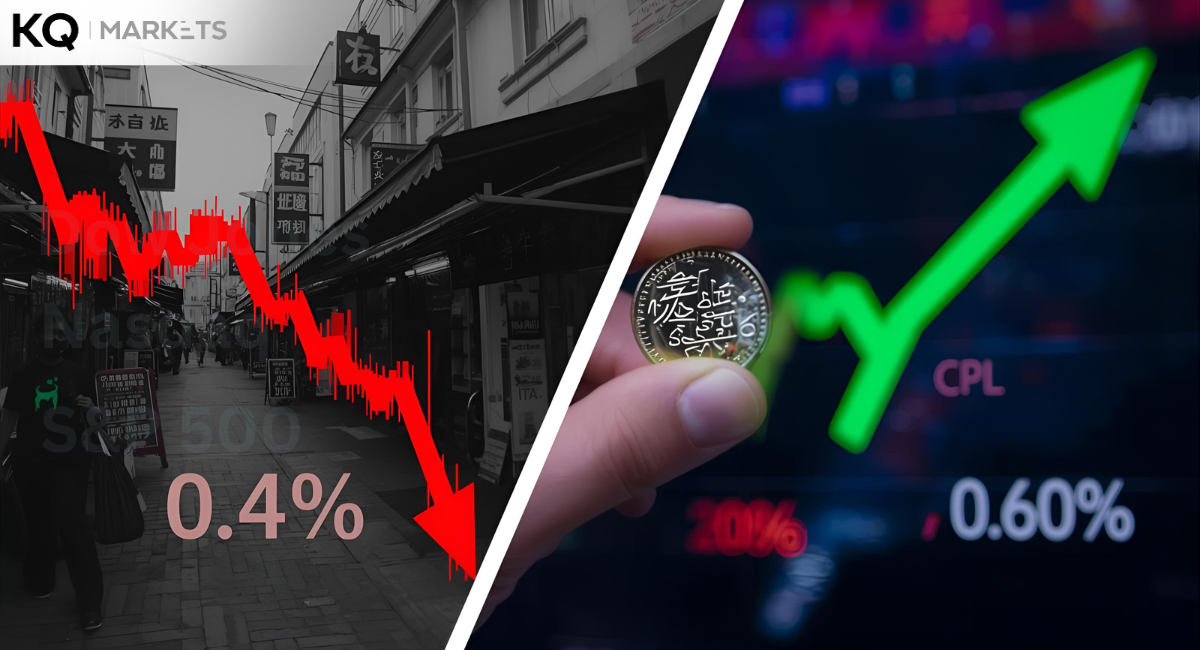UK inflation surprisingly rose in February as energy bills and food prices plunged, pressuring households. Meanwhile, the UK CPI (Consumer Price Index) increased by an annual 10.4% more than economists' 9.9% consensus forecast. The CPI inflation hit 1.1% monthly, exceeding the 0.6% forecast. Besides, the CPIH (owners' occupiers’ housing costs), increased by 9.2% within 12 months. February’s jump marked a break from three slowing price months since hitting an 11.1% 41-year high in October.
Although the country still grapples with high energy bills and food prices, workers across various sectors launched mass strikes amid disputes over work conditions and salary in the past months. In any case, the Sterling pound jumped by 0.4% against the US dollar last week. The UK finance minister spoke to the HLEAC (House of Lords Economic Affairs Committee), stressing that lower inflation from the current levels remained the government’s top agenda.
All in all, the minister acknowledged arguments that the higher interest rates from central banks might have contributed to the recent mass strike actions across numerous sectors in the financial markets. The monetary policy committee at the Bank of England planned a meeting on 28th March to pronounce higher interest rates. On the other hand, the European Central Bank increased its rates by 50 basis points despite concerns in the banking industry.
Quilter Cheviot’s fixed interest research head, Mr. Richard Carter, says attempting to lower the current record-high inflation rate might not be easy. Richard explained that the Bank of England would likely raise the bank rate further beyond the 4% current level. The Credit Suisse emergency rescue and the Silicon Valley Bank fallout added complexity to the central bankers’ role worldwide. The Office of Budget Responsibility predicted last week that the UK inflation rate might plummet to about 2.9% by the end of end-2023.
Overall, financial experts believe the fallout marked a significant setback in the Bank of England’s ambitions after inflation started falling in November. They have explained that inflation pressure is now diverging. Also, most financial experts say that despite the challenges, inflation will likely fall throughout 2023 to attain a figure closer to the 2% target. All the same, the squeeze in living standards is far from its end.
The OBR has predicted that the real household income per person might drop by about 5.7%. Above all, the monetary policy committee maintains that inflation is gradually destabilizing, so it is impossible to record sudden changes in the economy. Food price inflation continues to hit new heights as cafe & restaurant prices rise further. Yet, transport prices declined gradually as diesel and petrol prices fell back.




